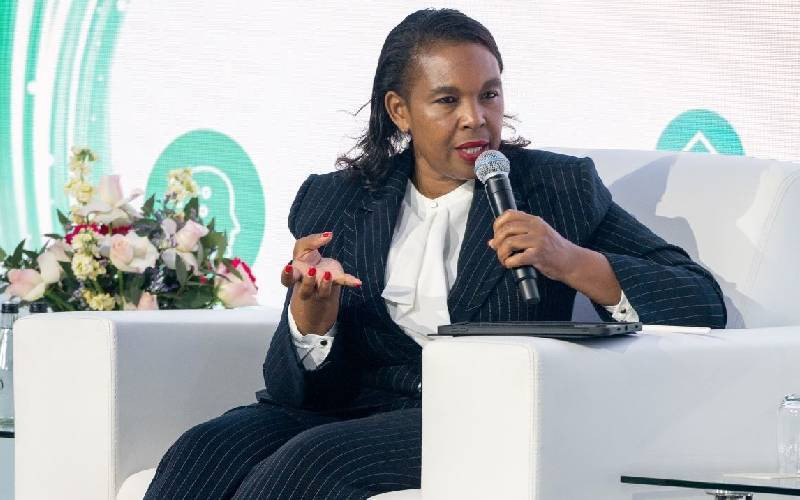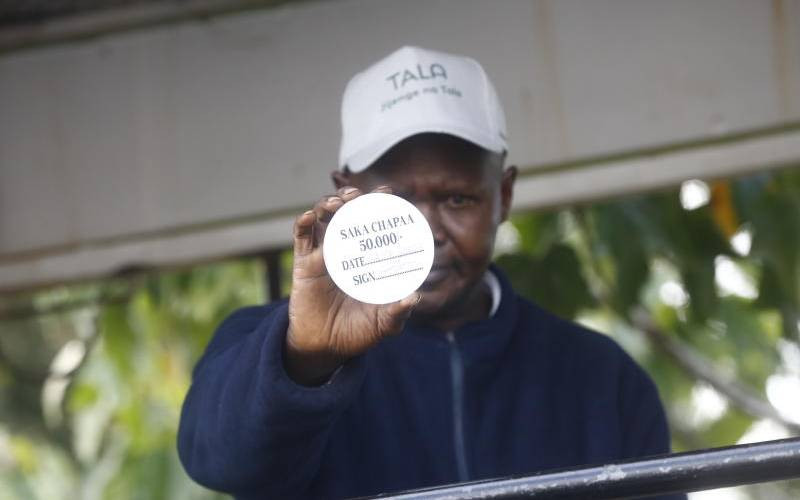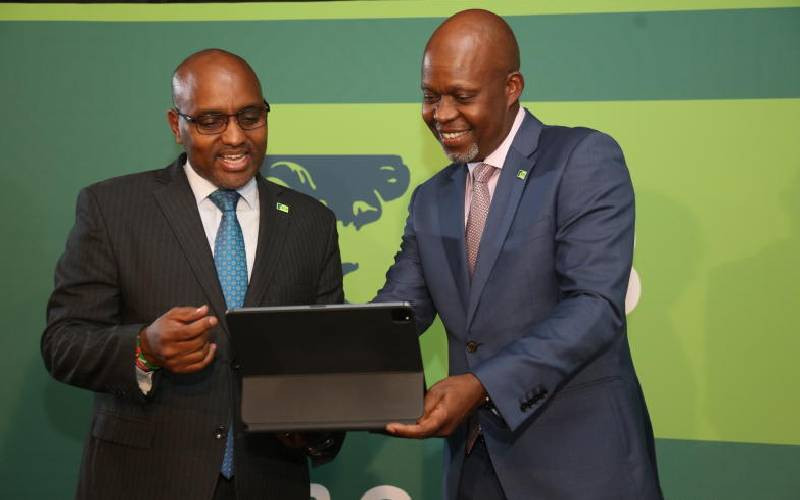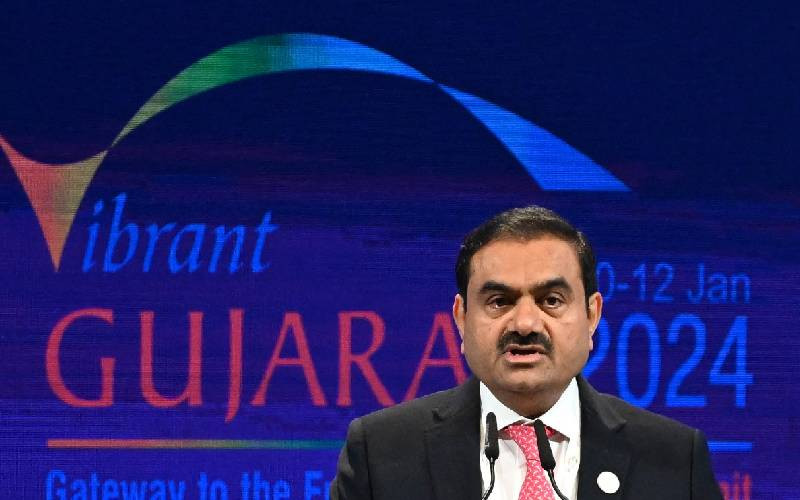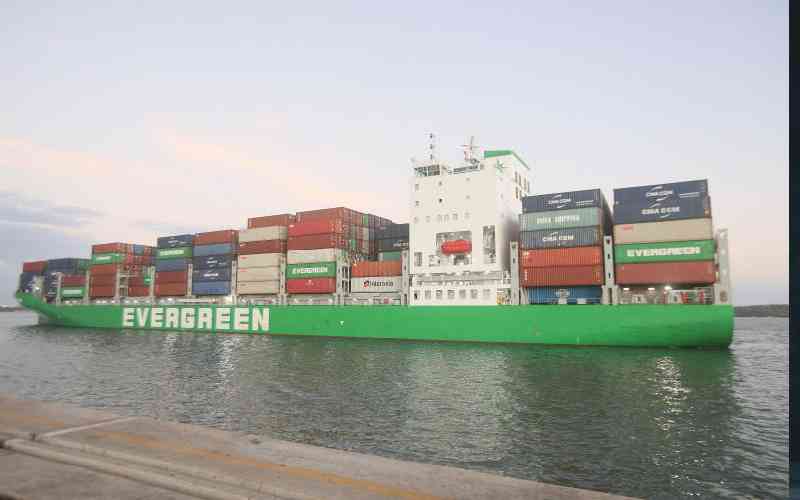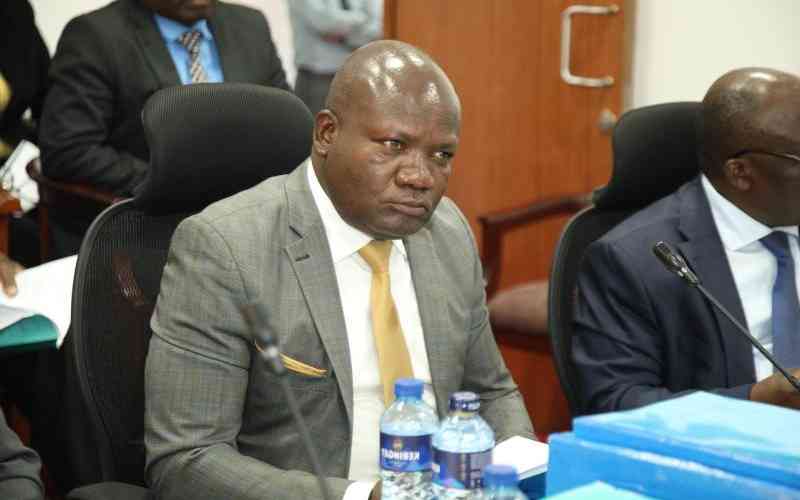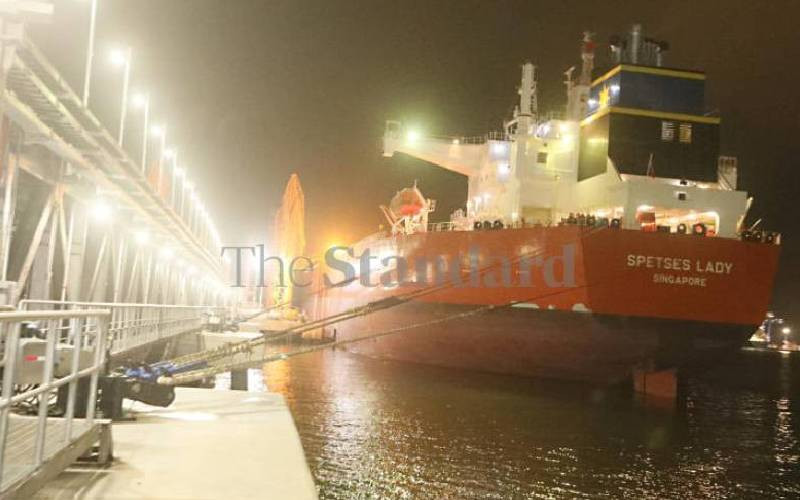
Kenya Ports Authority (KPA) and freight agents are fighting for cargo business for landlocked countries.
This is after KPA announced its plan to provide end-to-end logistics for the transit market customers from the port of Mombasa to the destinations.
In the plan, KPA wants to take cargo for transit from the port to Naivasha and offer logistical support for it but the clearing and forwarding agents say this will push them out of business.
The transit market for the port includes Uganda, South Sudan, the Democratic Republic of Congo, Burundi, and Rwanda.
The landlocked countries using the port have since put pressure on KPA to make it easier to do business at the facility or they move to the neighbouring port of Dar es Salaam.
Sources indicated yesterday that the KPA deal has already been communicated to the transit market as part of the incentives to attract business.
But the Kenya International Freight and Warehousing Association (Kifwa) has opposed the plan in a letter to KPA chairman Mr Benjamin Tayari saying that its planned venture into the logistics business will lead to the closure of their businesses operating at the port.
Kifwa chairman Mr Roy Mwanthi claimed KPA's plan to take transit cargo to Naivasha was against President William Ruto's directive to return port operations to Mombasa when he took over power.
"KPA's mandate is to develop, manage, operate, and regulate ports in the country and not to venture into end-to-end logistics business unless the KPA Act is amended. We have objected to and rejected this plan because KPA wants to give work to a few clearing agents and create a monopoly. It also wants to return port operations to Naivasha against the presidential directive. We cannot accept that," Mwanthi stated.
KPA chairman Benjamin Tayari confirmed receiving the letter of objection from Kifwa and they engaged the logistics industry and resolved the issue in the best interest of the port business.
He explained that KPA intended to provide the end-to-end logistics to shorten the distance from Mombasa port for the transit countries and boost business in the Northern Corridor region.
"We are going to complement each other in this arrangement. We want to support our customers in the transit market. We will see how best to implement the plan. It is supposed to be a win-win situation. It is an opportunity for everyone; nobody will be forced out of business," he said, adding there will be dialogue with stakeholders.
He said he had already communicated with Mr Mwanthi and told the association leadership that there should be no push and pull over the plan.
But Mwanthi claimed a foreign shipping company was angling for the end-to-end logistics business through the handing-picking of a few clearing and forwarding agents to implement the KPA plan.
"We are not going to accept that arrangement. We know some people want to cut deals from this arrangement. It is an avenue for corruption," he claimed.
In the letter to KPA dated January 15, this year, Kifwa said the plan was unfair, unjust, and disadvantageous to members of the association.
KIfwa told KPA not to court some port stakeholders and lock others out of business by creating unfair competition at the port.
"We find this move to be unfair, unjust, and disadvantageous to our members who are key port stakeholders and KPA should not court some port stakeholders to lock others out of business. The said action by KPA contravenes Section 21 of the Competition Act No. 12 of 2010 on restrictive trade practice and Section 23 and 24 of the Competition Authority of Kenya (CAK) Act on the abuse of dominance," said Kifwa in the letter signed by Mr Mwanthi.
Mwanthi told KPA to engage customs agents, clearing agents, freight forwarders, transporters, and shipping lines to ensure harmony at the port.
The association told KPA to support and align itself with the government's bottom-up economic transformation agenda that focuses on supporting local Micro, Small, and Medium Enterprises (MSMEs) to create jobs for the youths and build household incomes.
"To the contrary, KPA appears to pull in the opposite direction by aligning with foreign multinational shipping lines to kill local MSMEs, cause massive loss of incomes, and render thousands jobless, especially in Mombasa," he argued.
Mwanthi claimed that by forcing its way into the logistics business, KPA will be competing with its freight forwarders who are its customers.
"KPA being a public body that is funded through taxpayers' money has financial muscle to bulldoze her way into logistics business and end up distorting the regional playing field and this elbowing locals out of business," said Mwanthi.
He said some shippers and other logistics players have invested heavily in the transport business, they are serving bank loans and employ hundreds of thousands of people both directly and indirectly.
Kifwa urged the KPA board to restrain the management from implementing the decision warning that it may lead to strikes, infuriate the whole logistics industry in the East African region, and divert business from Mombasa port.
Statistics from KPA show that Mombasa port handled a total of 11,395,478 metric tonnes for the transit market last year.
Ugandan had the lion's share of the transit market when it registered 7,115,085 metric tonnes last year or 62.4 percent of the market of the landlocked countries.
South Sudan came second in transit cargo at the port when it registered 1,901,758 metric tonnes last year while DRC came third in transit market for the port when it recorded 1,510,979 metric tonnes at the port last year.
Other transit markets for the port are Rwanda, Burundi, and parts of Tanzania.
 The Standard Group Plc is a multi-media organization with investments in media platforms spanning newspaper print
operations, television, radio broadcasting, digital and online services. The Standard Group is recognized as a
leading multi-media house in Kenya with a key influence in matters of national and international interest.
The Standard Group Plc is a multi-media organization with investments in media platforms spanning newspaper print
operations, television, radio broadcasting, digital and online services. The Standard Group is recognized as a
leading multi-media house in Kenya with a key influence in matters of national and international interest.

